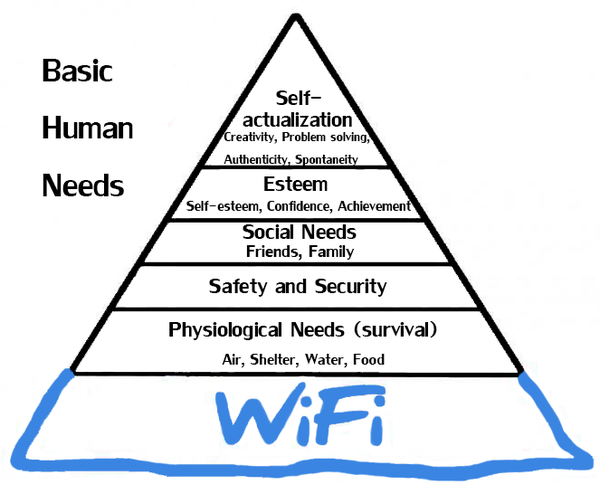
I just saw someone talking to their challenger bank about paying in a cheque. The bank asked: what’s a cheque? I feel the same. In fact, these days, it’s kind of getting challenging to imagine: what’s cash? In fact, these days, it’s difficult to consider: what’s paper?
You might say I’m being daft, but my life is 100% digital. What’s yours?
If you are 100% digital, how do you deal with a bank that is physical? There is a huge disconnect. Then zoom out and look at the global view.
I’ve blogged about it before a few times, and cannot believe that over a decade later I’m still blogging about it. Paper is redundant. Why do you need paper in a digital age?
It feels like a reflection of the debate between industrial and digital, as in paper versus data. It may be that some of us are in the older camp, and we like our paper; but most of us are born on the internet and live in a world of data.
This then begs a bigger question: is your business born on the internet? More importantly: is your business model born on the internet? Are you truly digital or do you still have paper processes? If you have paper processes, what are they there for, and why? Equally, if the network goes down, what’s your plan?
Today, we are 100% digital. Customers expect everything to be done digitally. If they get a piece of paper, they expect it to be recorded and processed digitally. If the network goes down, they expect the companies they deal with to deal with it.
Much of this is just hygiene factors. In Maslow’s hierarchy of needs, WiFi is the basic.
Funnily enough, this builds on a theme I’ve been working on, which is dealing with customers on Mars.
How would you design a business for customers on Mars and the company on Earth?
Bringing everything back to basics, if your customers were on Mars, you would imagine there might be satellite internet links, so you would begin with a digital structure. Then you would try to work out when, why and how would a customer want to connect. What would they want to do? Well, it wouldn’t be to cash a cheque.
The thing is that the mainstream companies we deal with were not built for customers on Mars. They were built for customers in stores. This, for me, defines the difference between the industrial paper era versus the digital data world of today: did you design a business for the digital data world.
Did you design a business for customers on Mars?
I ask this question about Mars quite often now because, during the pandemic, your customers, employees, suppliers and organisation might as well have been on Mars. In a world where you can see no one, meet no one, do anything, organise anything, except from the house, what is the model of business you need?
This is a way of thinking about being digital: build a business for customers on Mars. Build a business that has eradicated any paper. Build a business that rejects cash and cheques. Build a business that is 100% network resilient. Build a business fit for the 21st century.
Chris M Skinner
Chris Skinner is best known as an independent commentator on the financial markets through his blog, TheFinanser.com, as author of the bestselling book Digital Bank, and Chair of the European networking forum the Financial Services Club. He has been voted one of the most influential people in banking by The Financial Brand (as well as one of the best blogs), a FinTech Titan (Next Bank), one of the Fintech Leaders you need to follow (City AM, Deluxe and Jax Finance), as well as one of the Top 40 most influential people in financial technology by the Wall Street Journal's Financial News. To learn more click here...


